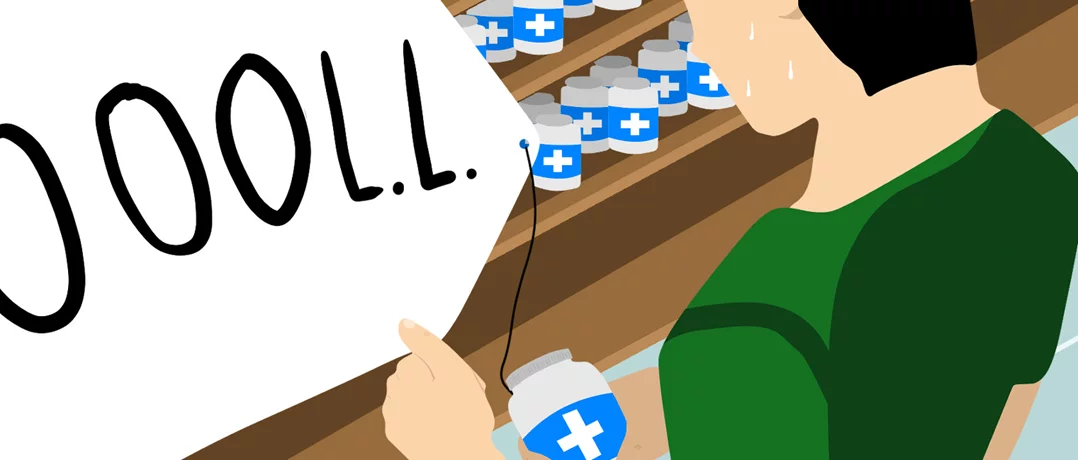Lebanon’s deep crisis hasn’t stopped it from being one of the Arab world’s most expensive countries, driven by imports, monopolies, and failing services.
Why is Lebanon so expensive? The paradox of a country in crisis
Why is Lebanon so expensive? The paradox of a country in crisis


Despite a collapsed economy, a devalued currency, and shrinking purchasing power, Lebanon remains one of the most expensive countries in the Arab world. How can a country in crisis be so costly? Between heavy imports, monopolies, and hidden expenses, living in Lebanon has become a luxury few can afford.
According to the latest Numbeo 2025 ranking, Lebanon ranks among the 70 most expensive countries in the world and the 7th in the Arab region.
In other words, living in Beirut now costs nearly as much as in Dubai or Riyadh even though the average Lebanese income has dropped by more than 80% since 2019. This paradox stems from rampant inflation, failing infrastructure, and a near-total dependence on imports. In Lebanon, everything that should be cheap… simply isn’t.
Why is the cost of living so high?
Lebanon imports more than 80% of what it consumes. From vegetables to medicines, spare parts to fuel, almost everything comes from abroad.
Each fluctuation in exchange rates or shipping costs instantly drives up local prices. With weak market regulation, middlemen often inflate prices at every stage.
Moreover, Lebanese households pay for everything twice: government electricity (rarely available) and private generator power; public water (often cut) and truck-delivered water. As a result, families spend an extra $100–200 per month just to compensate for failing state services.
In key sectors like energy, telecommunications, and food imports, a few players dominate the market. This lack of competition leads to inflated prices and limited accountability. The World Bank regularly refers to Lebanon’s “rent-seeking system,” where private profits override public interest.
In addition, since 2019, the Lebanese pound has lost over 95% of its value, sending prices through the roof.
But unlike in other crisis-hit economies, Lebanon’s partial dollarization prevents prices from falling rents, bills, and even basic goods are still listed in dollars, often at international rates.
The cost of living index in Lebanon is 38.8 (with New York = 100), according to Numbeo. Beirut ranks among the 10 most expensive Arab cities, ahead of Tunis and Amman, just behind Dubai and Doha. According to Byblos Bank, Lebanon ranks 34th out of 135 countries for cost of living a surprising position for a country mired in crisis.
In Beirut, a simple restaurant meal can exceed $25, and renting a modest apartment can cost more than in Athens or Lisbon.
Economists describe a vicious cycle: the weaker the state, the more people turn to private alternatives and the more they pay. As prices rise and wages stagnate, consumption drops, deepening the economic downturn.
Without structural reforms in energy, competition, and taxation Lebanon risks staying “expensive” without ever becoming “prosperous” again.
Being the 7th most expensive country in the Arab world is hardly a badge of honor for a nation in crisis. It’s the reflection of a broken economic model, where citizens pay the price literally for state failure.


